
My Face for the World to See (1958) is a novel by Alfred Hayes about the dark side of Hollywood. It’s a beautifully written book with sharp prose. However, the plot itself is unsettling and disturbing. It’s taken me time to process the story.
The two main characters are nameless. The narrator is a 37-year-old man. He’s a financially successful screenwriter, but is dissatisfied with his work and life. He’s been married for 15 years, and his wife and daughter live in New York. He works in LA part of the year and comes to the city alone. As the story begins, he’s at a Hollywood party on the beach. He watches a woman, with a drink in hand, exit a bedroom at the house and walk outside towards the edge of the surf. She falls with the undertow and then walks directly into the ocean and goes under. The man rescues her.
Two days later, she calls him, and he asks her out to dinner. She agrees. After dinner, they go to a club together, and she asks him, “You’re married, aren’t you?” and he responds, “A little. Why?” The two eventually begin an affair.
The woman is a 25-year-old aspiring actress. When she learns that the narrator’s daughter is eight years old, she notes, “She was born when I was seventeen.” The woman is an adult, but there’s a big age difference and power differential between her and the narrator. He has contacts in the film industry; she doesn’t. He also knows she’s struggling with her mental health. She tells him she’s seeing an analyst and that she used to drink heavily, and he knows she may have tried to kill herself. She explains that when she was at her worst, she was under the delusion that people had been following her since she came to LA. They were watching her every move. She believed that if she passed through the “great trial by loneliness and hunger” that they were putting her through, she would be rewarded with success and fame in Hollywood.
They continue to date. The narrator decides to get the woman an appointment at the studio through a colleague named Charlie, and he expects to be her hero when things go well. But something happens at the appointment that leaves the woman crushed. She doesn’t elaborate on what occurred, but I was left feeling that it was a casting couch assault. The narrator dismisses her reaction, thinking it was just a silly part that was not worth being so disheartened over. Although the narrator tells himself that their relationship isn’t serious, that night, he tells the woman that he loves her.
Later, the narrator receives a letter from his wife, which provides an interesting perspective about her and her childhood. Her father has died, and she’s decided to come to LA. She’s ready to talk over all the misunderstandings in their marriage.
The narrator takes the woman out to dinner, and she gathers that his wife is coming to town on her own. The result isn’t pretty. The woman is angry and lets the narrator have it in a brutal breakup scene. He imagines that they can eat together peacefully, but she sticks her cigarette into the duck on their table. She gets drunk, dances with a young man, and disappears from the restaurant. He’s angry and goes home alone.
She shows up at his place late that night, heavily drunk and disturbed. She’s angry that he didn’t look for her. She recalls old memories in monologues of disturbing events in her life, and she’s clearly in crisis. The narrator is upset that she’s making so much noise. Then the woman slits her wrists in the bathroom. Instead of calling the police or a doctor, the narrator calls his friend Charlie, saying “I’m in a jam.” Together they take her home because, “Home’s for suicides. Get her out.” When they bring her inert body home, the narrator says, “...still I first knocked on her door thinking that all I’d come for was to take her to dinner, to dinner, because after all she’d been a girl I’d, oddly enough, saved.” Only, he wasn’t interested in saving her this time.
The narrator calls the woman’s analyst and explains that she needs help. While waiting in the car down the street, the narrator implies that the woman’s first suicide attempt in the ocean may have been because she knew Charlie. It made me wonder, have these men been actively preying on this vulnerable woman? The narrator continues talking to Charlie and confuses him when he speaks of the same delusions of Hollywood spies that he attributed to the woman earlier in the novel. Were the delusions about spies his own, or is he now taking on the woman’s delusions? Charlie is concerned. After they drive off, Charlie takes the narrator to a restaurant where they will be seen to create an alibi. The novel’s title, “my face for the world to see,” initially was the woman’s dream, but it now applies to the narrator. His face had to be seen by the world; hers would be forgotten.
The novel concludes in an unsettling manner, and the reader does not know if the woman dies or survives. I wondered how much of the narrator’s story was true. How reliable is he? Is the story his guilt talking? Is this his way of creating an alibi? He is a writer, and he’s great at telling a story. He’s adept at giving himself and the woman voices, but the woman’s voice is not her own. What would the woman choose to say?
The novel, though written in the 1950s, feels modern. Men in power in Hollywood still manipulate, abuse, and discard vulnerable women. Underneath the glitz and glamour is a lot of darkness.
In terms of style, Alfred Hayes had a unique way of writing dialogue. Sometimes conversations begin in traditional quote marks, and then meander into unmarked paragraphs with both dialogue and the narrator’s unspoken thoughts flowing together in a stream. You feel like you’re both in the action of the scene and in the narrator’s mind at the same time.
Hayes was a screenwriter, and he knew how to write a story that could translate visually to the screen. The chapter where the narrator describes the woman’s reaction to watching bullfights in Mexico is upsetting and painful, a vast contrast to the romanticized notion of the sport in Hemingway’s The Dangerous Summer and The Sun Also Rises. The narrator’s unspoken refusal to help the woman and escort her out of the arena stands out as cruel and cold. The final restaurant breakup scene was such a vicious and biting end to a relationship. I haven’t read a more vivid depiction of a toxic breakup in literature, and I think it would be incredible to watch in a film.
Although I found the story’s subject matter disturbing, I loved Alfred Hayes’s writing. I spent a lot of time contemplating this novel, and I’m planning to read his other works.
Favorite Quote:
“There was a noisy rush of water from the bathroom, and she appeared, ready for the evening, a smile she had chosen, I thought, from a small collection of smiles she kept for occasions like this, fixed upon her face.”
Cover Art:
I also love the cover photograph "Sleep" (1955) by Saul Leiter.
Related Review:
In Love by Alfred Hayes
The End of Me by Alfred Hayes
Purchase and read books by Alfred Hayes:

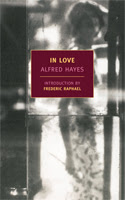
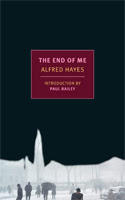
© penciledpage.com

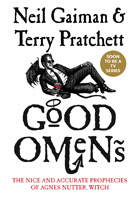






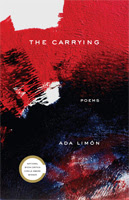




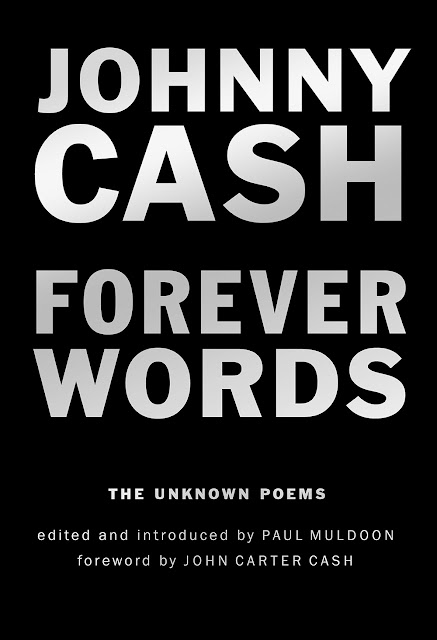
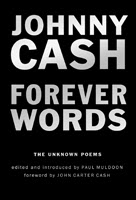
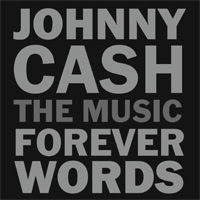




Search This Website